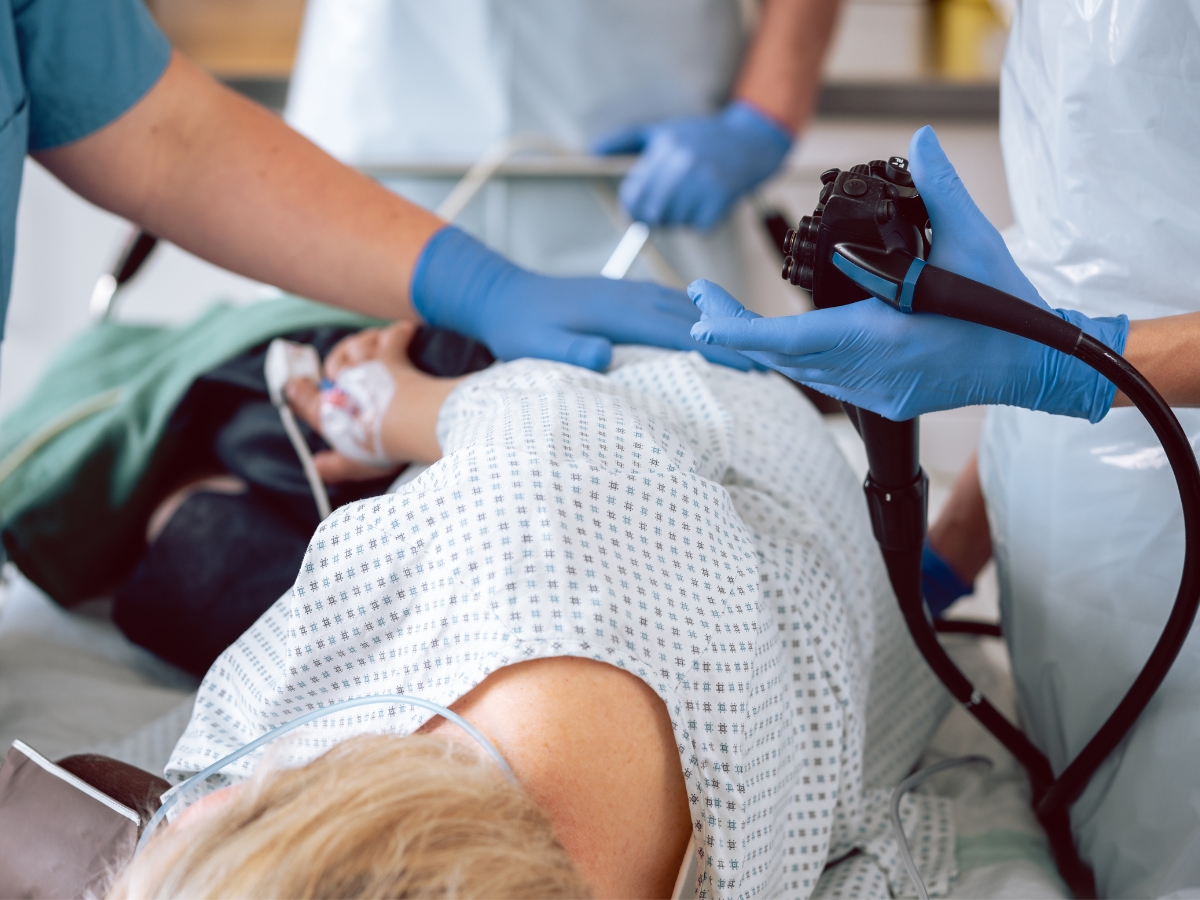Content Summary:
- After the age of 45, it is recommended you have a colorectal cancer screening test.
- Maintaining contact with your doctor is essential for a general health check-up, and in case any complications arise after the procedure.
- Getting a Specialist When you have been cleared to proceed with a colonoscopy, you should schedule an appointment with your gastroenterologist or colorectal surgeon.
- Even if your risk of developing colon cancer is low, it is yet advised to get additional testing, such as stool tests.
Colon cancer, which typically affects the elderly, begins as small clusters of non-cancerous cells at the end of the large intestine and can progress to cancer over time with zero to few symptoms. A colonoscopy will help limit non-cancerous cells, therefore, lowering the risk that they will become cancerous.
After the age of 45, it is recommended you have a colorectal cancer screening test. If you have a family history of colorectal cancer, inflammatory bowel disease, or a genetic syndrome like Lynch syndrome, you must take this test before reaching this age. If you believe you have a risk factor for colorectal cancer and are concerned, you should consult a doctor to determine when and how frequently you should be tested and what type of treatment is best for you.
What Causes Colon Cancer?
Colon cancer does not have an age limit and can affect anyone. However, your chances of getting it are higher if you are overweight, over 50 years, a smoker, or have a family history of colon cancer.
Polyps in the large intestine can form as a result of uncontrolled growth caused by gene mutations. If allowed to grow larger, the polyp can develop into cancer. As a result, regular screening exams such as colonoscopies to remove polyps are required.
When Do I Get a Colonoscopy?
Prompt: Should I be a certain age to request a colonoscopy? What does it do/check, and what steps should I take to prepare myself if a doctor recommends the procedure?
When you reach the age of 45, you should start having routine check-ups to monitor for colorectal cancer. This cancer grows slowly, and the symptoms are not always obvious in the early stages. But you can monitor your health and notify your doctor immediately if you notice any of the following symptoms:
- Constipation
- Sudden weight loss
- Anemia
- Fatigue
- Rectal bleeding
If you notice any of these symptoms, especially bloodstains in your stool, consult your doctor about a colonoscopy to eliminate the colon cancer. You shouldn’t have to wait until the symptoms worsen to rule out colon cancer.
You must get another every ten years if the first one shows you don’t have colon cancer. Speak with your doctor about how often you should have a colonoscopy from the age of 76.
What Does Colonoscopy Do?
A colonoscopy is a procedure that looks for abnormalities like cancer inside the colon. A colonoscopy is necessary to identify and treat rectum and large intestine growths early on before they develop into a complicated situation. Maintaining contact with your doctor is essential for a general health check-up, and in case any complications arise after the procedure.
What Should I Expect?
You should be prepared for a few things when you go to see your gastroenterologist or colorectal surgeon. The most important thing is to remain calm because your doctor recommended a colonoscopy.
You must inform your surgeon about your medical history, current medications, and any other conditions, such as allergies. Just before the procedure, your surgeon will provide you with a list of foods to avoid. The day before your appointment, you must consume only clear liquids and laxatives.
You will also be expected to empty your bowels for your doctor to see what’s inside the lumen. You must adhere to all preparation instructions given to you to have a successful colonoscopy.
Getting a Specialist
When you have been cleared to proceed with a colonoscopy, you should schedule an appointment with your gastroenterologist or colorectal surgeon. Although a life-threatening colonoscopy caused by intestinal perforations is extremely rare, choosing the right facility for quality care can reduce the risk and keep you calm. Christian Healthcare Specialists-Newaygo is a non-profit subsidiary of Christian Healthcare Centers. Our mission is to provide exceptional medical services. Please contact us to schedule a consultation. We are affordable, convenient, and personalized.
Even if your risk of developing colon cancer is low, it is yet advised to get additional testing, such as stool tests. If a problem is found, you will need to have a colonoscopy to rule out any other possibilities. Make an appointment if you suspect the possibility of having cancer. It’s safer to act fast.

